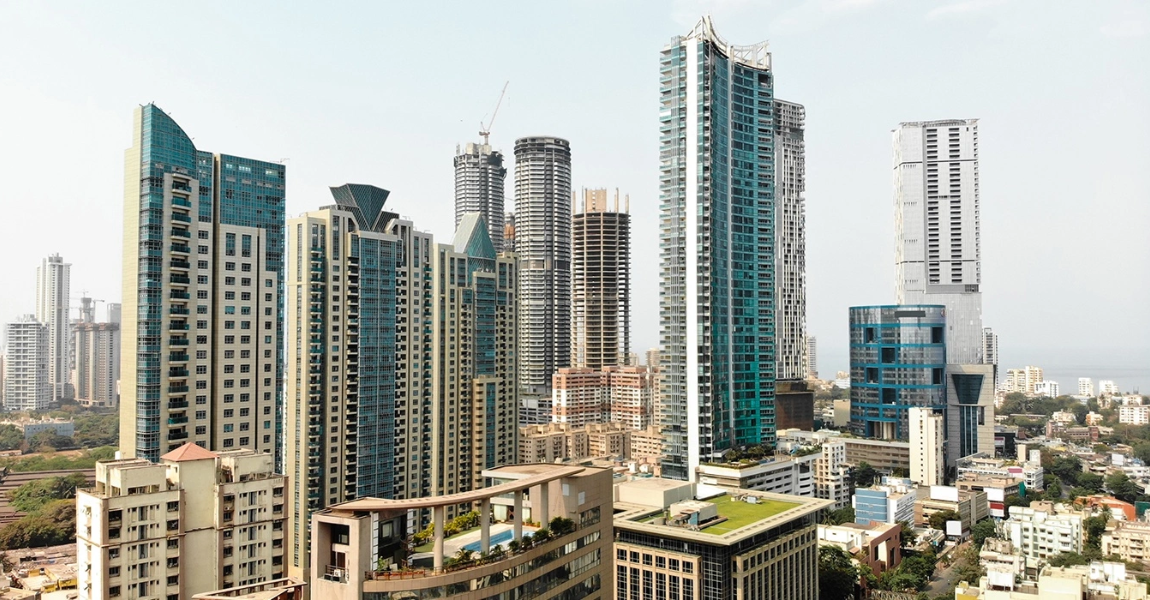
Factors That Affect The Value of A Property
When engaging in property transactions, it is essential to be well-informed about the property's value about its price. A precise assessment of a property's value empowers you to make knowledgeable choices and steer clear of potentially expensive errors. In this blog, we will explore some pivotal factors that wield significant influence over your residential property rate.
Economic Factors: The country's economy has a huge impact on the property value there are various factors such as
1.Income level.
2.Unemployment rates .
3.GDP.
4.Poverty index .
5.Bank interest rate for home loan .
6.Per Capita Income .
Political Stability: Political stability directly influences economic conditions and investment climates. A politically stable country typically offers better business prospects, economic certainty, and a conducive environment for investments. This stability fosters economic growth and property value appreciation
Supply and Demand: The value of properties follows the fundamental principle of supply and demand, when the supply is abundant, prices tend to rise, and conversely, an oversupply tends to lower property values.
Location: The location of the property is highly important and indeterminate. When determining the value of property many factors are considered:
1.Schools.
2.Restaurant.
3.Commercial hubs.
4.Local transport: Metro, local railway.
If your workspace is near your residence, it can lead to a rise in property value since professionals often seek homes located nearby for convenience.
Calculation of the value
When it comes to property value, it is crucial to keep this in mind, especially when searching for new construction houses. According to a survey conducted by the National Association of Realtors, finding the right property value is the most challenging part of buying a house for 52% of people. This becomes even more critical if you plan to sell the house in the future.
In Mumbai, calculating the market value of a property is essential for determining the Registration Fee and Stamp Duty. The government's ready reckoner rate(prices of land, residential property, and commercial property for a certain location are set by the state government in charge of that jurisdiction). or the mutually agreed-upon price, whichever is higher, forms the basis of the market value. To calculate the market value, follow these simple steps:
- Consider the property's features, such as built-up area, plot area, age of construction, floor level, and amenities. The built-up area is typically 1.2 times the carpet area, which should be specified in the property documents.
- Determine the property type, such as a commercial unit, flat, house, plot, builder floor, or shop.
- Select the specific area or locality where the property is located using the official registrar's website classification.
Next, calculate the minimum assessed value based on the current ready reckoner rate:
a. For Houses Constructed on Plots: Multiply the plot area (in square meters) by the applicable ready reckoner rate for flats in that locality (in rupees per square meter) and then multiply the result by 1.25.
b. For Residential Apartments (resale apartments and builder flats in group housing societies):
- Multiply the flat's built-up area (in square meters) by the applicable circle rate for flats (in rupees per square meter) and add 1 for the floor rise.
- Multiply the number of covered car parking slots by 25 percent of the ready reckoner rate per unit area.
- Multiply the number of open car parking slots by 40 percent of the ready reckoner rate of land in that area, and then multiply it by 40 percent of the ready reckoner rate for the land in that area.
Comparable Properties: Comparing your property to similar ones in the area. Analyzing their prices based on factors like size, age, location, and amenities helps gauge your property's market value.
Interest rates: The impact of banks on property values is significant since a majority of homes are purchased through bank loans. Additionally, the interest rates set by banks are influenced by policies set by the RBI."
Renovation Potential: Properties that may be renovated and customized are frequently attractive to buyers. Properties with more usable area and potential for renovations typically fetch higher prices since they allow for more personalization.
Estimating property value is crucial for making well-informed decisions in the real estate realm. By considering the factors mentioned above, you can pinpoint key indicators that empower you to make informed and confident choices.